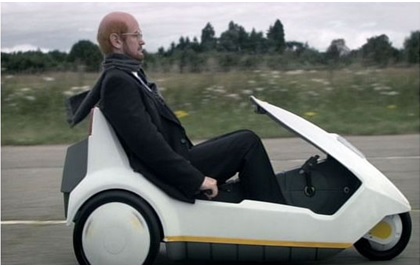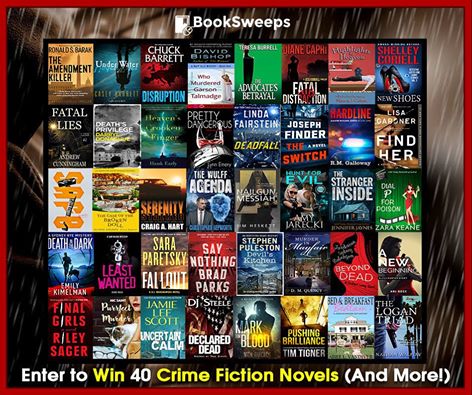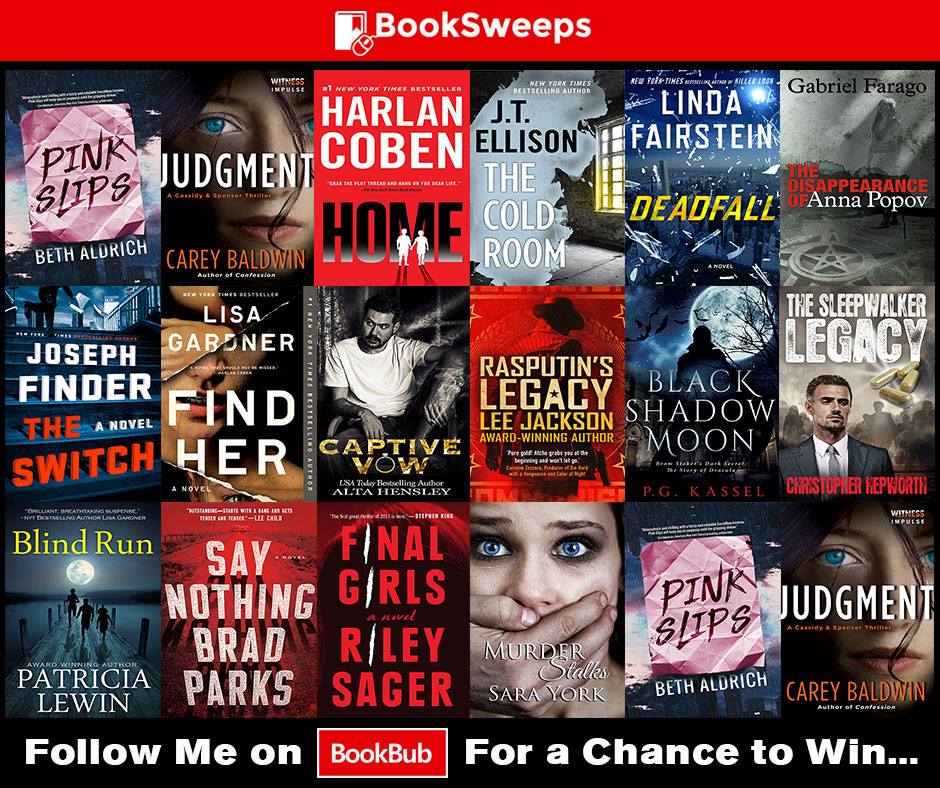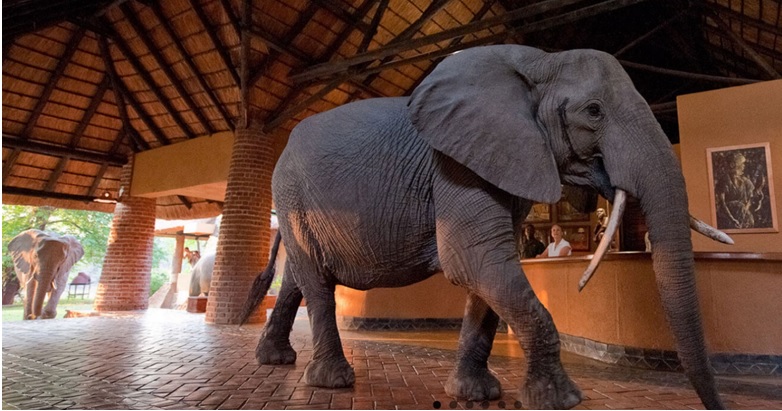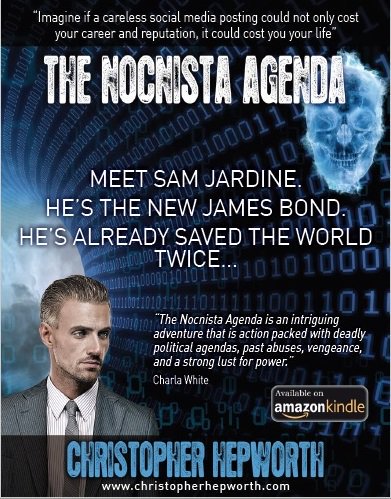It is impossible to overstate the importance of the global oil industry. We depend upon it for almost every aspect of our lives and until recently our biggest fear was that oil would run out. How would we drive our cars and fly to our favourite destinations without this precious commodity? Whole economies including those in the Persian Gulf, Russia and to a lesser extent the USA still depend upon oil for their wealth and wars have been fought to ensure access to cheap and reliable sources.
The US oil and gas industry is worth over two hundred billion dollars a year and employs ten million people in the US or about one in nineteen of its working population. The wealth that the industry produces is enormous and is firmly emblazoned on the American psyche and culture. I remember watching shows like the Beverly Hillbillies and Dallas with fondness and the instant riches that ‘black gold’ bestowed on those lucky fictional families.
The oil industry carries a huge responsibility and on the whole, it does so very well. Most multinational companies have ‘green’ programmes and are obsessive about health and safety. Its employees are highly skilled, trained and well paid. Most multinational oil companies are respected and rightly so. When you consider the massive logistical effort in extracting oil from some of the most inhospitable places on earth it is cheap and convenient. It has always amazed me that a litre of petrol is often cheaper than bottled water.
Unfortunately, oil extraction has come at a significant cost to the environment and human life. The large number of ‘spills’ including Deepwater Horizon and the Exxon Valdez has been well documented. And there is considerable debate on the long-term effects of ‘fracking’ which is well covered in my book ’The Last Oracle’ due out in October.
All three of my three books have taken an apocalyptic view of particular industries that we rely upon and trust. I explore the implications for the world should those industries (e.g. the pharmaceutical and social media companies) abuse the power that society has bestowed on them. My study of the oil industry has been especially fascinating because of the enormous wealth it generates. How far would the industry go to protect its wealth and position at the top of the food chain? I have focussed on a fictional but entirely plausible conspiracy by the oil industry to eliminate its main competitor – the electric and solar powered vehicle industry. I have imagined a situation where the fossil fuel industry has used its vast resources and influence to corrupt our politicians and engineer the destruction of emerging renewable technologies to protect their interests. The impact of this action brings about catastrophic climate change as the rise of greenhouse gases from vehicle and power generation chokes the planet.
But is such a scenario realistic? I honestly believe that it is and is happening right now. An astonishing thirty cents of every dollar donated to Republican presidential candidates in 2016 came from people who owed their fortune to fossil fuels. The total amount donated by those individuals to the candidate’s election Super Pacs was over $107m. Unfortunately, because of the massive expense of running for office, American presidential candidates cannot win elections unless they have considerable independent wealth (like Donald Trump) or their fund raising teams accept donations from industry special interest groups. That is why so many presidential candidates push the agendas of the gun lobby or climate science denial so hard. Ted Cruz, for example, banked 57% of his campaign funds from fossil fuel interests* and claimed climate change is a fiction perpetuated by liberals who want control over the economy. It is now almost a prerequisite for Republican presidential candidates to ignore scientific evidence and deny climate change.
My new book explores the possibility that politicians would go one step further and kill off an entire developing industry that competes with fossil fuels even though it would mean the eventual destruction of the planet. I leave you to judge whether this scenario is pure fiction or is happening for real even as we speak.
*Source US Federal Election Commission


